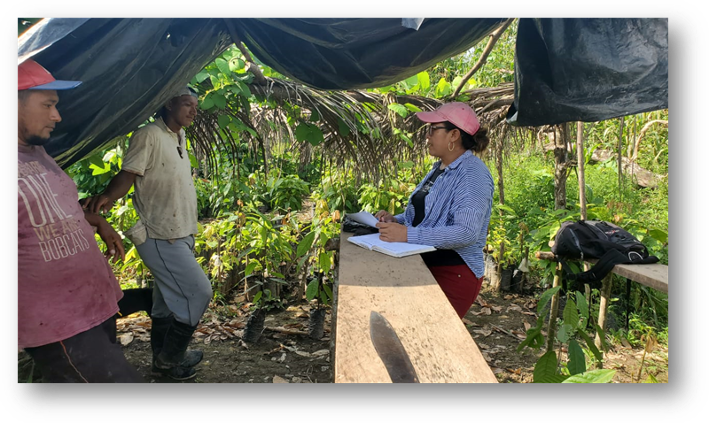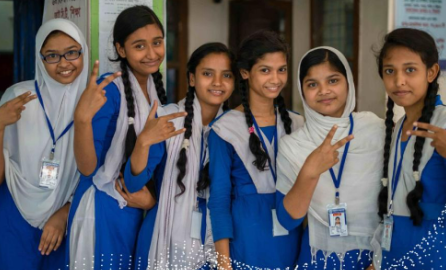Ancient crop in Nicaragua to empower women

-
Gender marker: G1-Promotes gender equality as a significant objective
-
Period of implementation: 2022 - 2026
-
Amount: EUR 13,000,000
-
Geographical area: Americas and the Caribbean
-
Implementing partners:
-
Link to the project:
-
GAP III’s Areas:
-
Economic and social empowerment
-
Equal participation and leadership
-
Agriculture and personal/societal power often go hand in hand. In Nicaragua, one of the crucial crops is cocoa. The crop is important, both economically and culturally. It has a long history of production and consumption in the region and is now an important and growing cash crop – particularly for smallholder farmers.
With this in mind, the NICACAO project intends to recover the economic dynamism and environmental sustainability of the cocoa value chain in Nicaragua while building social inclusion and women’s empowerment. The aim is for vulnerable communities, particularly women and young people, to produce and process cocoa to new quality and environmental standards. This will improve their economic situation, their climate resilience, and the climate impact of the sector itself.
The target groups are people living in vulnerable situations, particularly women, youth, and indigenous and afro-descendant communities in rural areas. The action, by implementing partners UNIDO and AECID, is not covered by a formal Team Europe Initiative but is partially executed through delegated cooperation with AECID.
Activities are carried out along three main lines. The first is the environmental component, with restoration and renewal of plantations (taking into account biodiversity, adequate densities, reduction of chemical products, etc.), the introduction of new digital tools, and more. There is also the promotion of participation in the carbon market as an alternative, taking advantage of renovations and new cocoa areas to integrate forest species into cocoa plantations.
The second is social. The action is exploring social and technical innovations for integrating a circular economy approach in the cocoa value chain, while strengthening women’s organisations on governance and business management topics. Technical training is also provided, and a capitalisation fund for women’s cocoa transformation initiatives.
Third, new digital solutions are being developed and spread, such as a modern cocoa traceability system. The project complements the efforts of universities, large private sector organisations and smallholder organisations on this system. When completed, it will boost the long-term economic outlook of the sector by giving producers better traceability and control of their products, ultimately leading to better export options to the EU and other markets.
This type of agricultural reform and development has significant transformative potential. It includes activities on deconstructing gender roles, stereotypes, and hegemonic patterns of masculinity and promoting human rights more generally. If successful, it will create a network of financially stronger and socially empowered smallholder cocoa producers, and the gender-aware aspects will ensure significant benefits for women and other disadvantaged groups.
“I have really grown fond of the work I do, due to the accumulated experience now it is easier to interact with the producers, male and female.” Sonia García, NICACAO field technician in the municipality of Rosita, RACCN, Nicaragua.
